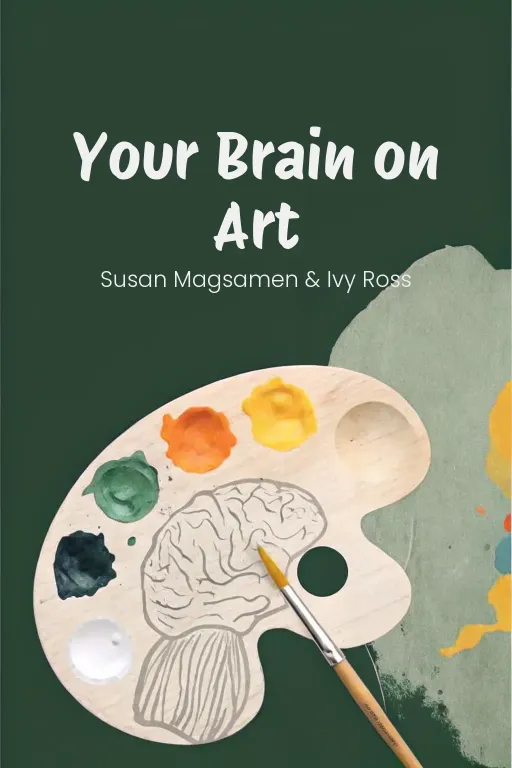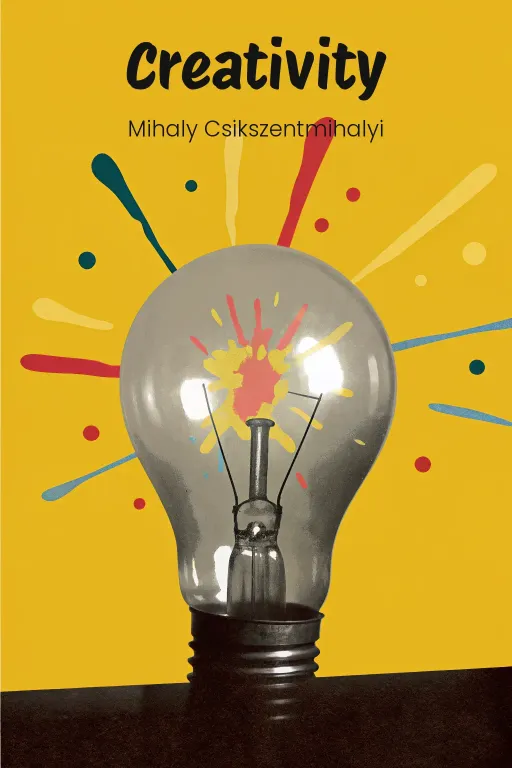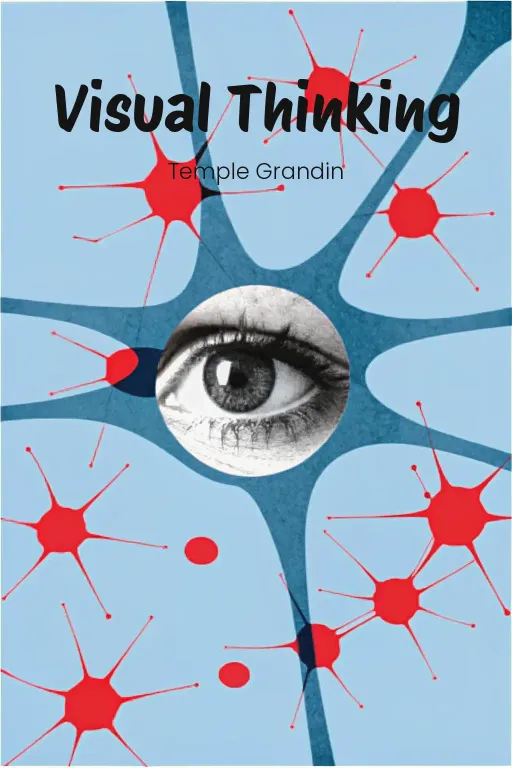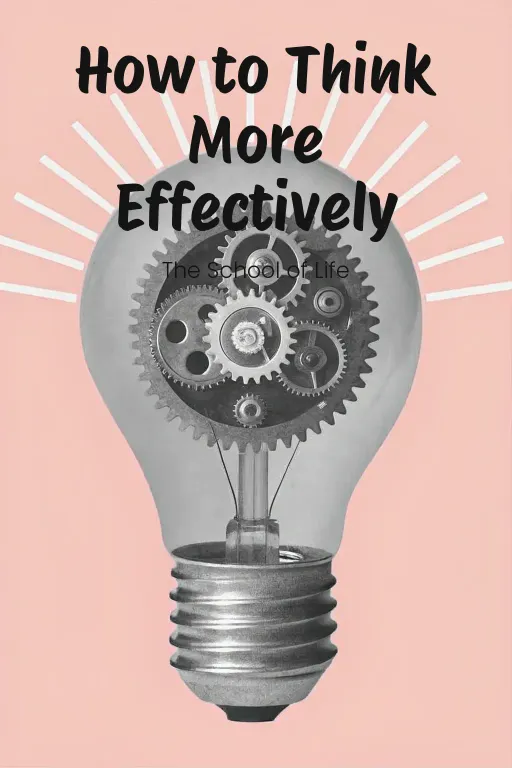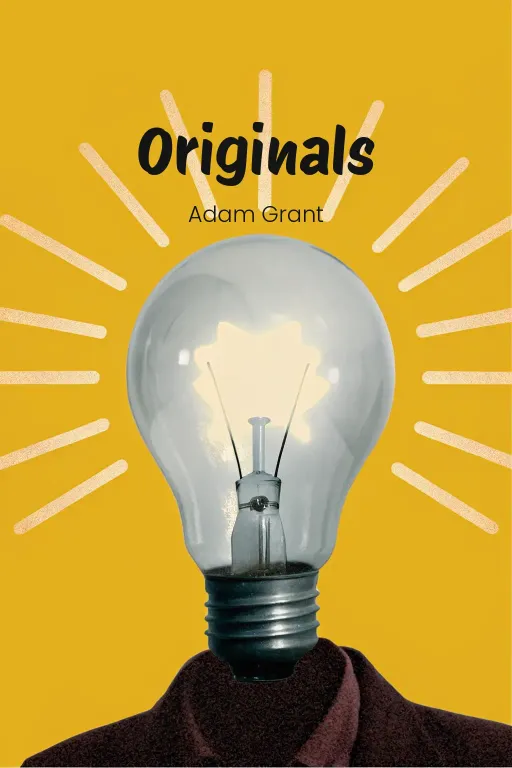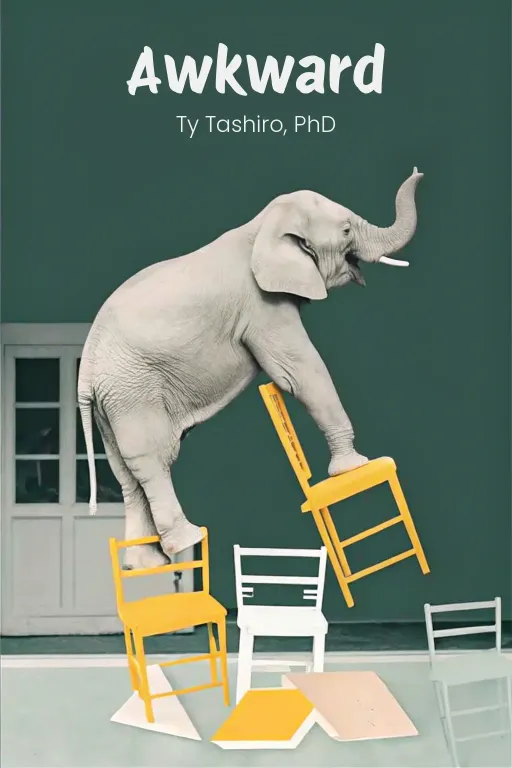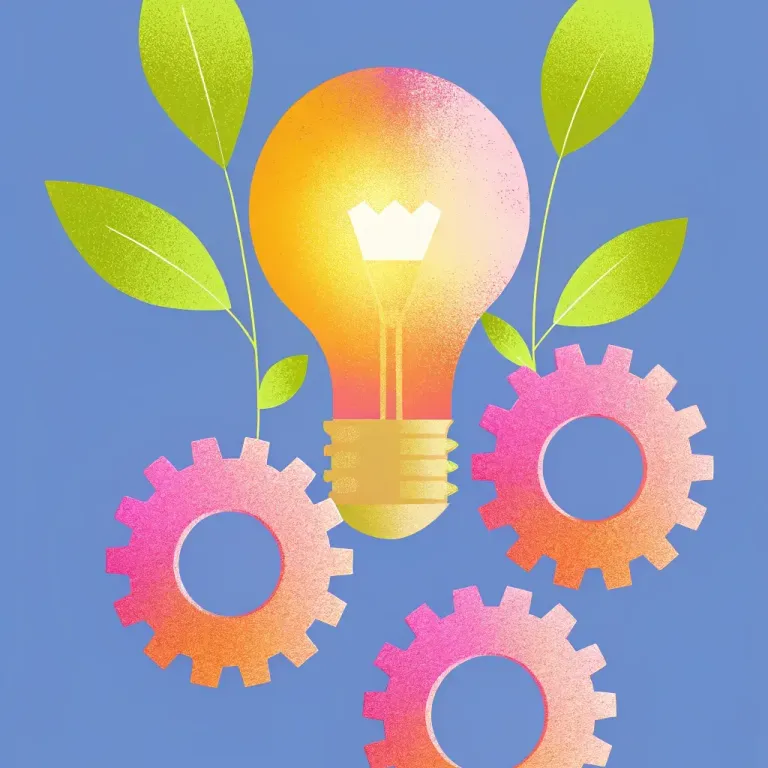
Ignite Your Ideas: It Takes an Ecosystem!
Podcast by The Muse's Minute with Brian
The Psychology of Discovery and Invention
Ignite Your Ideas: It Takes an Ecosystem!
Brian: Ever wonder why some brilliant ideas catch fire while others just fizzle out? Is it really all about lone genius? I'm Brian, welcome to The Muse's Minute! We're diving into Mihaly Csikszentmihalyi's landmark book, 'Creativity: Flow and the Psychology of Discovery and Invention'. It completely reframes how we think about innovation, offering a crucial insight for anyone wanting their creative work to make a real impact. This book helps unlock why some creations resonate and others don't. Brian: So, what’s the single biggest spark from this deep exploration? It’s this: Recognized creativity isn't a solo lightning strike; it's an ecosystem. Csikszentmihalyi calls this a 'systems model'. Think of your idea like a seed. A seed needs fertile soil – that's the existing knowledge, the rules, the domain you're working within, like painting or physics. And it needs sunlight and water – that's the field, the experts, critics, gatekeepers, and audiences who recognize and validate your contribution. Your individual talent, the seed itself, is vital, but it can't blossom into recognized creativity without interacting with both the domain and the field. Understanding this fundamentally changes how we approach bringing our ideas into the world and getting them noticed. Brian: Let's make this concrete. Csikszentmihalyi talks about meeting people convinced they'd had revolutionary thoughts. They had passion, maybe even brilliant concepts from their own perspective. But without engagement or validation from experts or the culture – the 'field' – those ideas didn't gain traction within their 'domain' of knowledge, say literature or science. They stayed as personal insights, not recognized creativity. Now, contrast that with an explosion like Renaissance Florence. Why so much incredible art and architecture all at once? It wasn't just geniuses like Michelangelo suddenly appearing. Crucially, there was a rich 'domain' – rediscovered classical knowledge. And, importantly, a receptive 'field' – patrons like the Medici, the Church, a society buzzing with excitement, actively seeking and celebrating innovation. See the difference? One scenario shows sparks fizzling without the system; the other shows the incredible power when the individual, the domain, and the field align. It really highlights that getting your work seen and engaging with its context is absolutely vital. Brian: Okay, so how do we use this right now? If creativity needs the 'field' – the community, the audience, the gatekeepers – then the single most powerful action you can take is to actively engage your field. Stop polishing your work in isolation waiting for 'perfect'. Pick one small thing you're developing, maybe even a rough sketch or concept. Share it with one trusted peer, a potential collaborator, or someone whose opinion matters within your domain. Ask for specific feedback. Don't just create in a vacuum; intentionally invite the system in. Yeah, it feels vulnerable, but it’s how seeds get the sunlight they need to grow. That connection could be the spark that truly ignites your creative journey. Brian: That's your Muse's Minute. Until next time, keep finding your spark!


